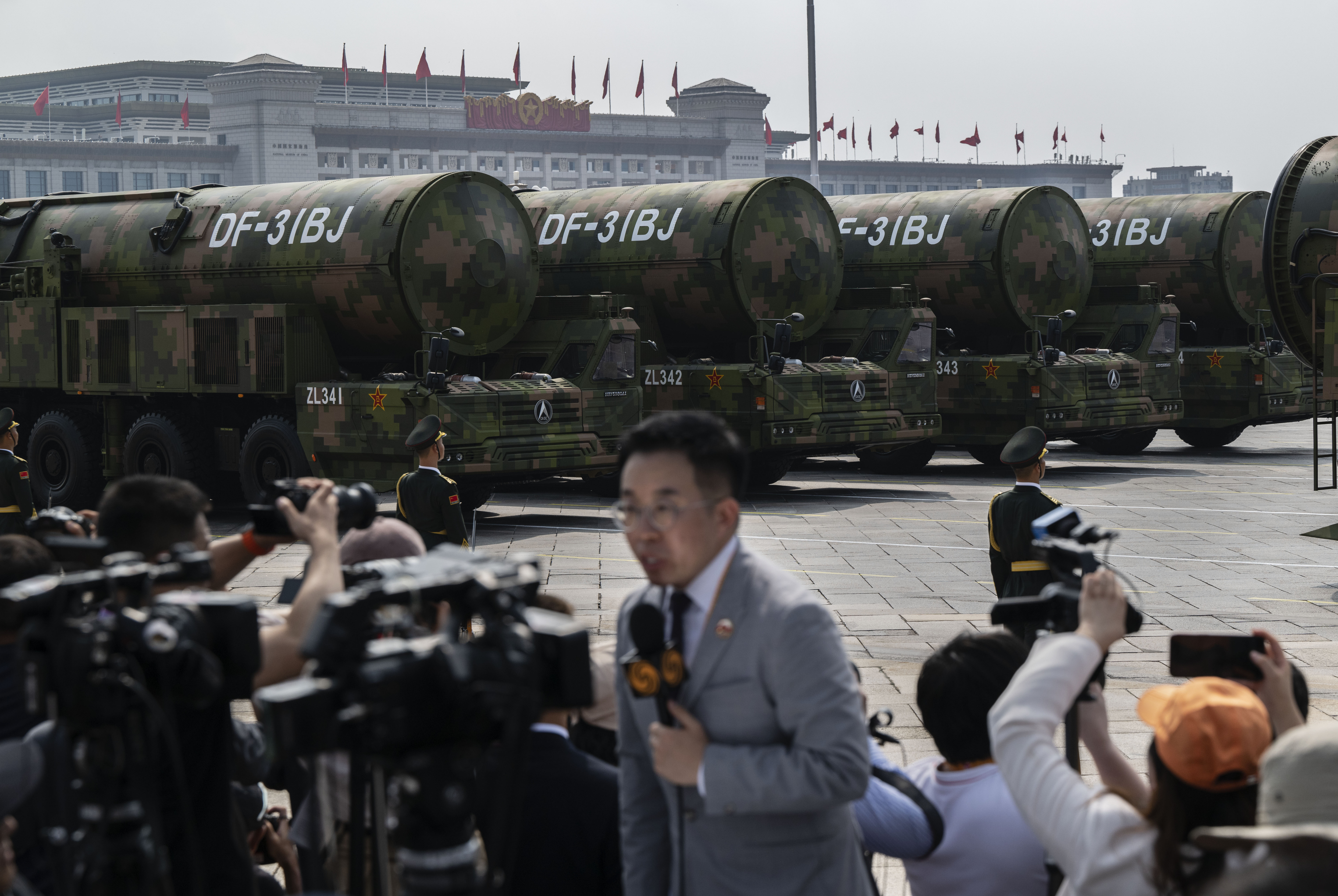Editor’s Note to the Special Issue on Chinese Information Operations (April 2021)
Editor’s Note to the Special Issue on Chinese Information Operations (April 2021)
This is a special theme issue of China Brief, focused on the rapidly developing topic of Chinese disinformation and information operations (IO) more broadly. Although the control and weaponization of information has always been a priority for the leadership of the People’s Republic of China (PRC), historically, the Chinese Communist Party (CCP) focused its information operations abroad to a narrow range of core issues: primarily border and sovereignty issues related to Taiwan, Tibet, Xinjiang, and most recently Hong Kong. Yet over the past decade or so, the CCP has invested massive resources and effort in its aim to shape global media narratives, or, to use the exhortation of CCP General Secretary Xi Jinping, to “tell China’s story well” (讲好中国故事, jianghao Zhongguo gushi). After these developments, the 2020 COVID-19 pandemic—which initially put China on a defensive footing as it sought to counter blame for being the first epicenter of the novel coronavirus—has proved to be a fertile testing ground for previously unseen Chinese information operations, including a much-noted shift to more destructive and conspiratorial disinformation tactics. For the purposes of this publication, disinformation is defined broadly as the deliberate dissemination of false or inaccurate information for political purposes.
In her brief, China Brief Editor Elizabeth Chen looks at how Chinese propagandists seek to learn from Russia. Although it can be argued that concerns about China “adopting Russia’s playbook” are overblown, it should not be overlooked that Chinese researchers are closely studying Russia’s expertise in external messaging. In the first article of this issue, Ryan Fedasiuk finds that China’s modern-day propaganda and censorship apparatus draws on complementary systems of both “professional” and “grassroots” internet commentators, and that the organization of these groupings is surprisingly militant. Such forces are also being increasingly directed outward to wage a “global public opinion war.” Next, Nathan Beauchamp-Mustafaga and Jessica Drun take a close look at the publicly available analysis and commentary of the People’s Liberation Army (PLA) on cross-strait social media manipulation, filling a much-needed gap in the existing analysis of Chinese disinformation campaigns against the Taiwanese public. Martin Hála, Filip Jirouš and Petra Ševčíková report on how Chinese influence operations in the Czech Republic shifted in the wake of a 2018 scandal that rocked bilateral relations. Following the Czech Senate Speaker Miloš Vystrčil’s controversial visit to Taiwan in August 2020, the CCP mobilized an extensive network of united front and propaganda organs for a narrowly targeted disinformation campaign in the so-called “Vystrčil affair.” Finally, in the first of a planned two-part series, John Dotson analyses recent examples of the Chinese state media agency Xinhua’s “advertorial” content and its relationships with American media organizations. He finds that the CCP’s practice of “borrowing foreign newspapers” has evolved with the digitization of news media, and that Xinhua has continued to spend significantly on this effort.
It is the Jamestown Foundation’s modest hope that this special issue will contribute towards a greater understanding of the wide-ranging and constantly evolving nature of the CCP’s information operations, to the benefit of policymakers, scholars, and civil society worldwide.


